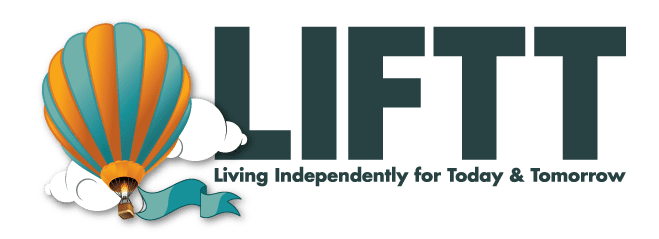What Happens When Food Security Becomes a Footnote?
Let’s name the silence.
Montana’s food banks are hurting. Not metaphorically. Not bureaucratically. But tangibly — like empty shelves where there used to be fresh produce, like waiting rooms that once had warmth and now only echo. Recently, the federal rug was pulled from under two essential food programs: the Local Food for Schools Program and the Local Food Purchase Assistance Cooperative Agreement Program. Long names. Quiet supports. Gone now.Together, these programs injected over a billion dollars into local economies, nourishing bodies, sustaining farmers, and holding fragile systems together. And just like that, it was deleted from the ledger. Montana’s most vulnerable communities, already navigating scarcity, now stand in even longer lines, only to receive less. Less food. Less dignity. Less care.
The Anatomy of a Cut
The programs did more than fund logistics. They curated relationships: between food and community, between rural producers and urban hunger, between local abundance and collective survival. Now that the relationship has been severed, already stretched food banks in Montana are scaling back. Volunteers are turning away people they used to welcome. Once proud contributors to community health, small farmers are left with surplus they can’t distribute and dreams they can’t afford.
And none of this feels accidental.
Where Does LIFTT Stand?
We are a Center for Independent Living, yes. But we are also a center for humanity. And food insecurity is not a side issue — it’s central. You can’t fight for civil rights on an empty stomach. You can’t access public transit if you’re faint from skipping meals. Independence without nourishment is a contradiction.
So we say: this matters.
To everyone who once depended on a food box to stretch their month: we see you. To the food banks trying to hold the line: we stand with you To the growers who now wonder if justice and agriculture can still coexist: we thank you.
This Is Not the End of the Story
Postmodernism, if it teaches us anything, tells us not to trust the old narratives. That power often speaks in the passive voice. That erasure begins with a policy memo. And yet — every system can be rewritten. Every absence can become an invitation.
So, what do we do?
- We listen louder to those on the ground, those in the grocery lines, and those who lost access overnight.
- We connect the dots because hunger doesn’t happen in a vacuum—it intersects with disability, poverty, race, geography, and dignity.
- We create anyway: gardens, co-ops, community kitchens, mutual aid networks. We remember that we’ve always found ways to nourish each other, with or without permission.
LIFTT will continue to advocate, to amplify, and to resist the narrative that says, “There’s nothing we can do.” Because there is always something.
And if the shelves are empty, we’ll fill them with our voices.
About Living Independently for Today & Tomorrow (LIFTT): LIFTT is a Montana 501(c)3 corporation organized as a Center for Independent Living (CIL). With team members based in Billings and Glendive, LIFTT provides aging and disabled members of the community with programs and services that help empower them to break down the physical, bureaucratic, and cultural barriers that prevent them from being fully independent participants in their lives and communities throughout 18 counties in southeastern and south-central Montana: Big Horn, Carbon, Carter, Custer, Dawson, Fallon, Garfield, Golden Valley, McCone, Musselshell, Powder River, Prairie, Richland, Rosebud, Stillwater, Treasure, Wibaux, and Yellowstone. For more information, please visit liftt.org or download our mobile app for your Apple or Android Device.

